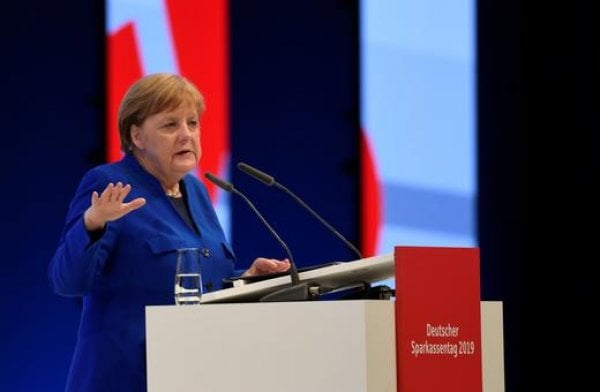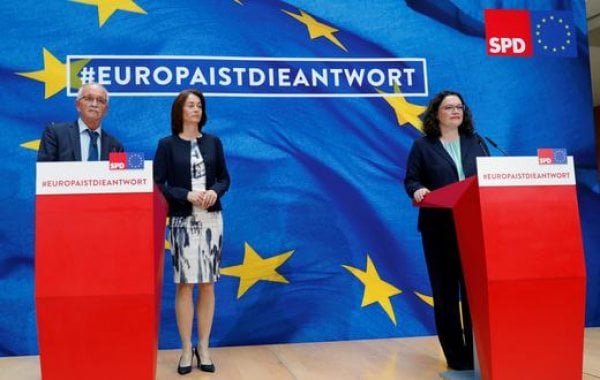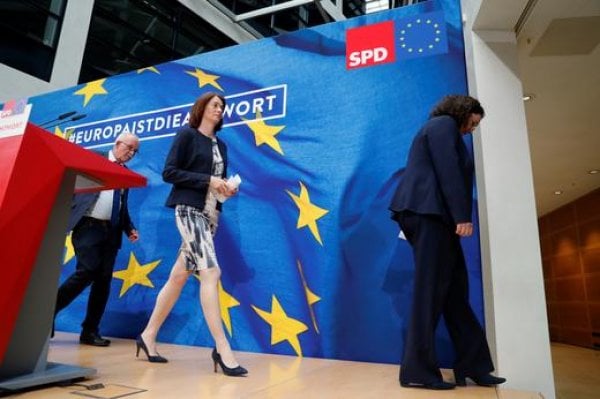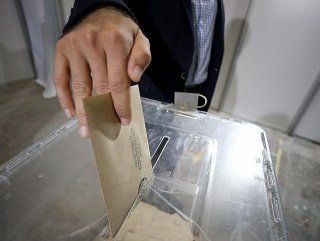Chancellor Angela Merkel said on Sunday that her Christian Democrats (CDU/CSU) will continue a grand coalition government with the Social Democrats (SPD), following the resignation of the latter’s leader Andrea Nahles.
“COALITION GOVERNMENT TO CONTINUE”
Speaking to reporters following a party meeting in the capital Berlin, Merkel expressed her respect for the SPD leader Nahles’s decision to resign as party leader, and stressed that they had a long years of trustful relationship in the government. “Of course I would respect the decisions of the SPD with regard to a successor for Andrea Nahles,” she added.
Apart from this, “I would like to speak on behalf of the government and say that we will continue with the work of governing this country with full dedication,” Merkel said.

She underlined that the government was aware of its responsibility for the country. “Because the issues that we need to tackle are on the table, both at home in Germany, and in Europe, and in the world as a whole. And we will continue to work together in this spirit,” she added.
The CDU’s chairwoman Annegret Kramp-Karrenbauer has urged the Social Democrats to swiftly elect a new leader and not endanger the coalition government’s ability to act.

“I assume that the Social Democrats will quickly make decisions on senior party positions and ensure that the grand coalition remains capable of acting,” she told a news conference in Berlin. “For the CDU it remains clear that this is not a time for party tactics. We remain committed to the grand coalition,” she said.
Earlier on Sunday, Nahles announced her plan to resign after the SPD suffered big losses in last week’s European elections and the regional elections in Bremen.

In a statement, Nahles said she would quit as party leader on Monday, and would also step down as parliamentary group leader on Tuesday, in order to open up the possibility for an orderly procedure to choose a successor.
Merkel’s coalition partner SPD recorded its worst result in last week’s European Parliament elections, sparking a furious debate within the party. The SPD crashed to 15.8 percent, sharply down from the 27.3 percent of the vote it collected in 2014.













